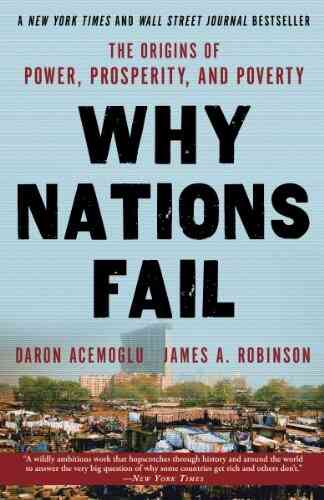Unraveling the Mysteries: The Origins Of Power, Prosperity and Poverty

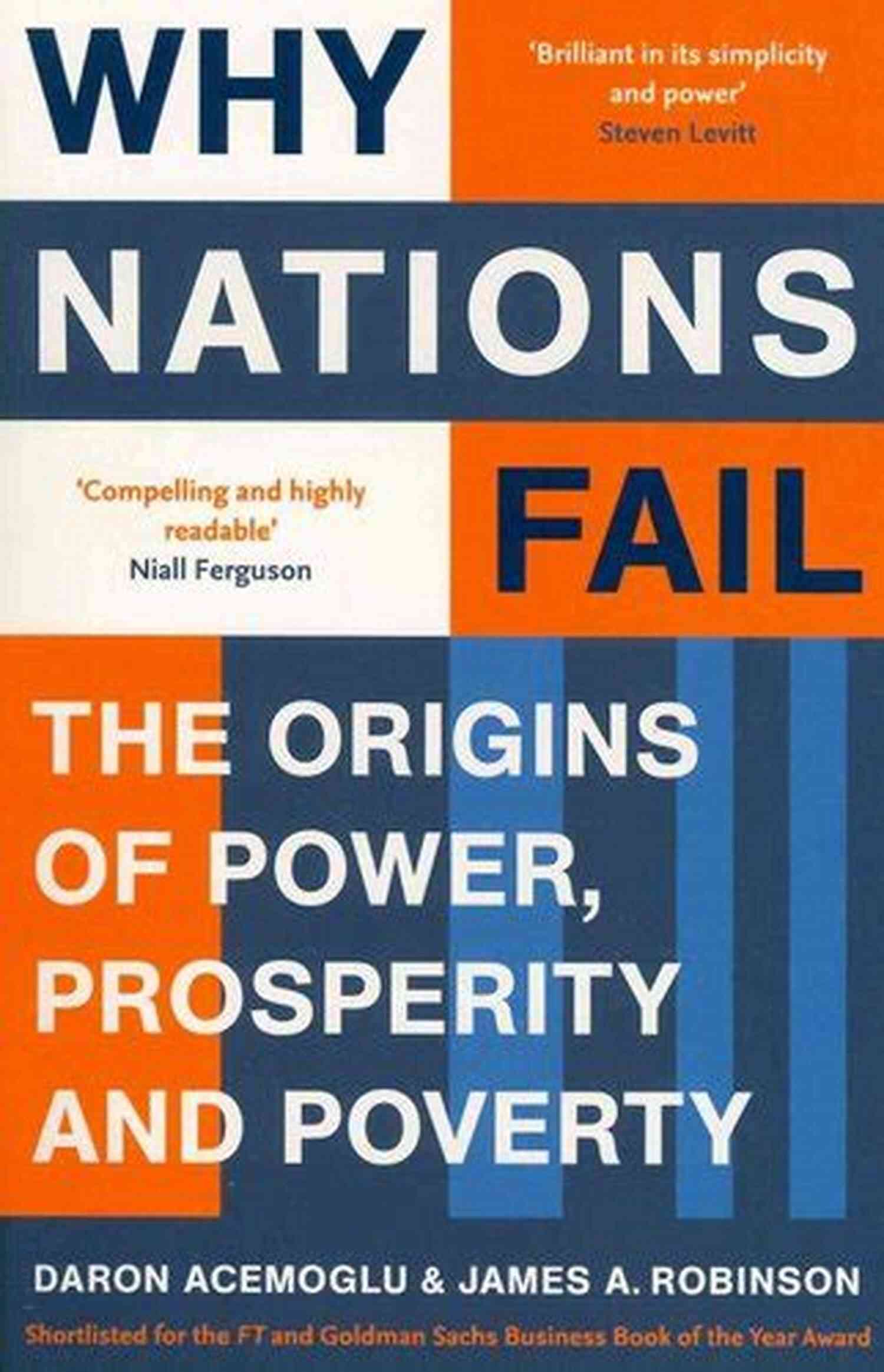
Power, prosperity, and poverty - three elements that have shaped the world throughout history. Their origins, intertwined with social, economic, and political factors, have captivated historians, economists, and social scientists for centuries. In this article, we will embark on an exploration into the origins of power, prosperity, and poverty, unveiling the complex interactions between individuals, societies, and institutions that have shaped our world.
The Rise of Power
Power, at its core, represents the ability of individuals or groups to influence and control others. Throughout history, power has often been concentrated in the hands of a few, leading to prolonged periods of inequality and dominance. Understanding the origins of this power allows us to comprehend how it has been acquired and maintained over time.
From Agrarian Societies to Industrial Revolutions
The shift from agrarian societies to industrialized nations marked a significant turning point in the dynamics of power. The ability to harness the power of machines and develop innovative technologies allowed certain nations to surge ahead, amassing wealth and consolidating their influence on a global scale.
4.5 out of 5
| Language | : | English |
| File size | : | 16591 KB |
| Text-to-Speech | : | Enabled |
| Screen Reader | : | Supported |
| Enhanced typesetting | : | Enabled |
| X-Ray | : | Enabled |
| Word Wise | : | Enabled |
| Print length | : | 546 pages |
Probing Prosperity
Prosperity, the state of thriving and successfulness, often goes hand in hand with power. Investigating the origins of prosperity uncovers the factors that have contributed to the economic growth and well-being of nations and individuals alike. It sheds light on the mechanisms that have allowed some societies to prosper, while others struggled to thrive.
The Role of Institutions
Institutions, including governance structures, legal systems, and societal norms, play a vital role in determining the distribution of power and prosperity. Understanding how institutions have evolved and influenced societal outcomes provides valuable insights into the origins of power, prosperity, and poverty.
Perceiving Poverty
On the opposite end of the spectrum lies poverty, a condition characterized by the lack of resources and opportunities necessary for individuals and communities to thrive. The origins of poverty are multifaceted and encompass historical, cultural, economic, and political aspects that intertwine to create cycles of deprivation.
Breaking the Cycle
Breaking the cycle of poverty requires a comprehensive understanding of its origins. By examining successful initiatives, innovative policies, and societal transformations that have lifted communities out of poverty, we can equip ourselves with the knowledge needed to implement effective change and uplift those in need.
The origins of power, prosperity, and poverty are complex and interwoven. By delving into the historical, economic, and social aspects that have shaped our world, we gain valuable insights and lessons. Understanding these origins empowers us to create a more equitable and prosperous future for all.
Related Articles:
- The Impact of Global Inequality on Power Dynamics
- Economic Revolutions: Transforming Power and Prosperity
4.5 out of 5
| Language | : | English |
| File size | : | 16591 KB |
| Text-to-Speech | : | Enabled |
| Screen Reader | : | Supported |
| Enhanced typesetting | : | Enabled |
| X-Ray | : | Enabled |
| Word Wise | : | Enabled |
| Print length | : | 546 pages |
Brilliant and engagingly written, Why Nations Fail answers the question that has stumped the experts for centuries: Why are some nations rich and others poor, divided by wealth and poverty, health and sickness, food and famine?
Is it culture, the weather, geography? Perhaps ignorance of what the right policies are?
Simply, no. None of these factors is either definitive or destiny. Otherwise, how to explain why Botswana has become one of the fastest growing countries in the world, while other African nations, such as Zimbabwe, the Congo, and Sierra Leone, are mired in poverty and violence?
Daron Acemoglu and James Robinson conclusively show that it is man-made political and economic institutions that underlie economic success (or lack of it). Korea, to take just one of their fascinating examples, is a remarkably homogeneous nation, yet the people of North Korea are among the poorest on earth while their brothers and sisters in South Korea are among the richest. The south forged a society that created incentives, rewarded innovation, and allowed everyone to participate in economic opportunities.
The economic success thus spurred was sustained because the government became accountable and responsive to citizens and the great mass of people. Sadly, the people of the north have endured decades of famine, political repression, and very different economic institutions—with no end in sight. The differences between the Koreas is due to the politics that created these completely different institutional trajectories.
Based on fifteen years of original research Acemoglu and Robinson marshall extraordinary historical evidence from the Roman Empire, the Mayan city-states, medieval Venice, the Soviet Union, Latin America, England, Europe, the United States, and Africa to build a new theory of political economy with great relevance for the big questions of today, including:
- China has built an authoritarian growth machine. Will it continue to grow at such high speed and overwhelm the West?
- Are America’s best days behind it? Are we moving from a virtuous circle in which efforts by elites to aggrandize power are resisted to a vicious one that enriches and empowers a small minority?
- What is the most effective way to help move billions of people from the rut of poverty to prosperity? More philanthropy from the wealthy nations of the West? Or learning the hard-won lessons of Acemoglu and Robinson’s breakthrough ideas on the interplay between inclusive political and economic institutions?
Why Nations Fail will change the way you look at—and understand—the world.
Do you want to contribute by writing guest posts on this blog?
Please contact us and send us a resume of previous articles that you have written.




















Light bulbAdvertise smarter! Our strategic ad space ensures maximum exposure. Reserve your spot today!
 Victor HugoFollow ·9.5k
Victor HugoFollow ·9.5k Easton PowellFollow ·11.7k
Easton PowellFollow ·11.7k Ralph TurnerFollow ·9k
Ralph TurnerFollow ·9k Harvey BellFollow ·19.1k
Harvey BellFollow ·19.1k Camden MitchellFollow ·14.7k
Camden MitchellFollow ·14.7k Ron BlairFollow ·6.8k
Ron BlairFollow ·6.8k August HayesFollow ·9.3k
August HayesFollow ·9.3k Jace MitchellFollow ·15.9k
Jace MitchellFollow ·15.9k

 Banana Yoshimoto
Banana YoshimotoExploring the Legacy of Black Panther: Unveiling the...
Black Panther is not just a superhero, but...

 Dan Bell
Dan BellThe Ultimate Guide to Interracial Dating for Black Men
Interracial dating has become...

 Andrew Bell
Andrew BellInside The FBI Elite Serial Crime Unit - Unraveling the...
The Meticulous Work of the...
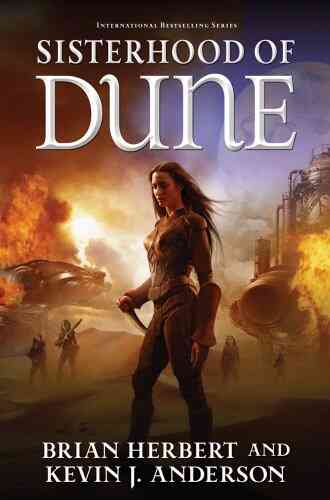
 Gary Cox
Gary CoxOne of the Great Schools of Dune Trilogy: A Closer Look
The Dune Trilogy, written by...

 Robert Browning
Robert BrowningMobbed Regan Reilly Mystery: An Engaging Whodunit That...
Have you ever been captivated by a good...

 Thomas Pynchon
Thomas PynchonLinz 10 Tourist Attractions Easy Day Trips
Linz, the third-largest city in Austria, is...
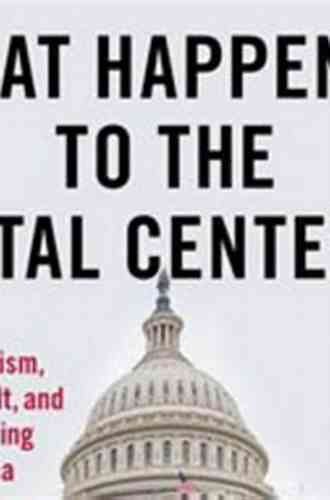
 Grant Hayes
Grant HayesWhat Happened To The Vital Center?
Over the years, the concept of...
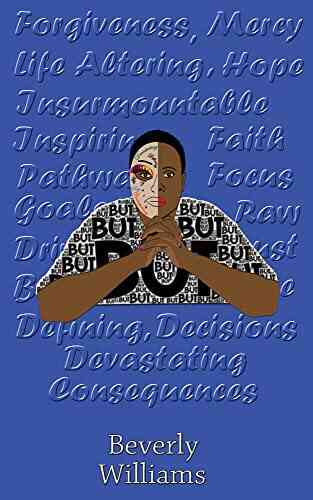
 E.E. Cummings
E.E. CummingsFrom Adversity to Triumph: Beverly Williams and Her...
It is often said that success is not...

 DeShawn Powell
DeShawn PowellThe Flash 2016 Issue #754: A Thrilling New Chapter by...
The Flash, one of DC Comics' iconic...

 Edwin Blair
Edwin BlairHold Gentle Thought - A Guide to Finding Inner Peace
Have you ever found yourself...
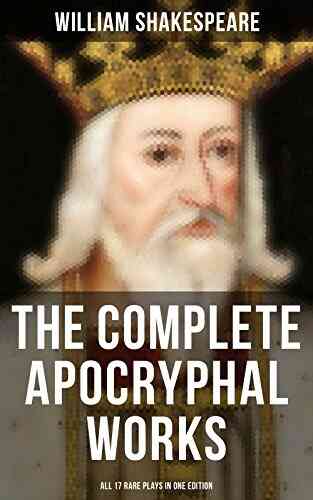
 Charles Dickens
Charles DickensArden Of Faversham, Locrine, Mucedorus, and Amadine: An...
Shakespeare is widely...

 Bo Cox
Bo CoxGet ready to be captivated by the mesmerizing Angel...
Angel Assassin Arielle Lucila is not your...
4.5 out of 5
| Language | : | English |
| File size | : | 16591 KB |
| Text-to-Speech | : | Enabled |
| Screen Reader | : | Supported |
| Enhanced typesetting | : | Enabled |
| X-Ray | : | Enabled |
| Word Wise | : | Enabled |
| Print length | : | 546 pages |


